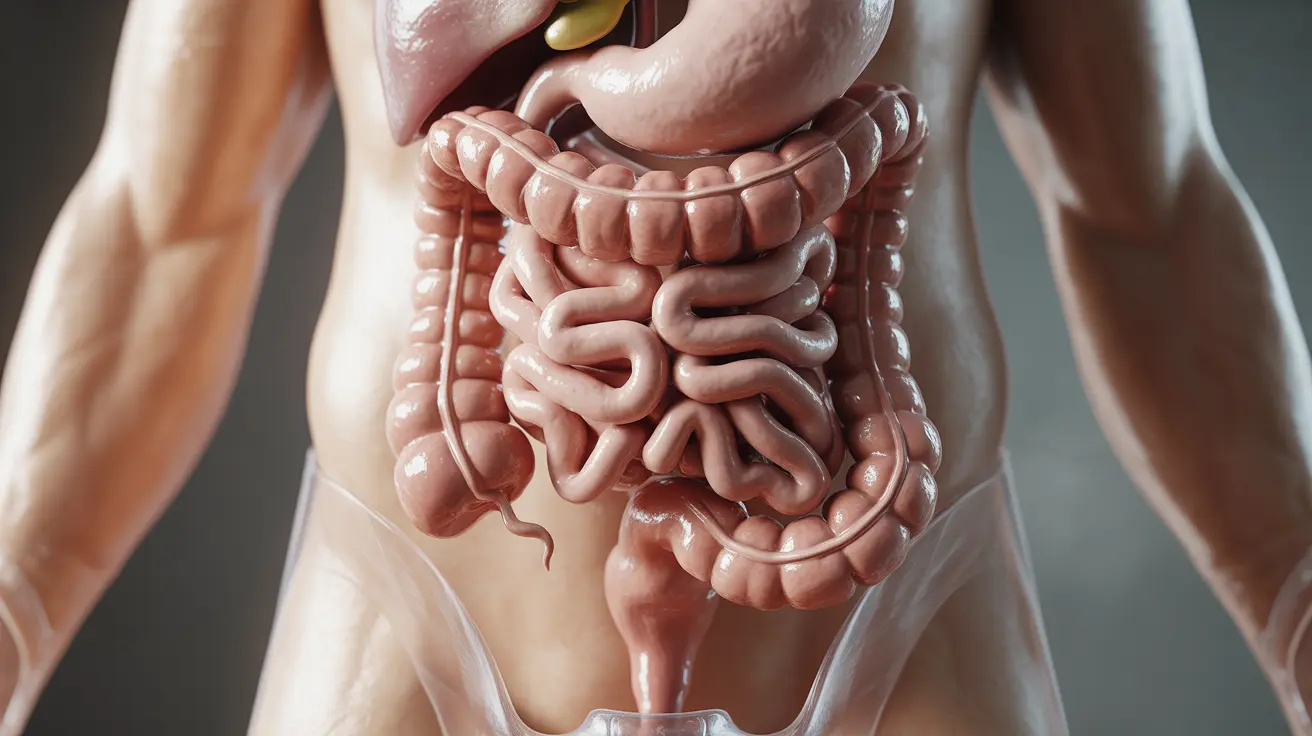It can be frustrating and confusing to see the scale moving up despite maintaining a regular exercise routine. This unexpected weight gain while working out is actually a common occurrence that can happen for several legitimate reasons. Understanding these factors can help you adjust your approach and achieve your desired fitness goals.
Let's explore the various reasons why you might be gaining weight despite exercise, and more importantly, what you can do about it.
Common Reasons for Weight Gain During Exercise
Muscle Growth and Water Retention
When you begin a new exercise routine or intensify your existing one, your body undergoes several natural adaptations. Muscle tissue is denser than fat, meaning it takes up less space but weighs more. Additionally, your muscles store more glycogen and water as part of the recovery process, which can temporarily increase your weight.
Exercise-Induced Stress Response
While exercise is beneficial for your health, it's still a form of stress on your body. Intense or prolonged workouts can trigger increased cortisol production, which may lead to water retention and changes in how your body stores fat, particularly around the midsection.
The Impact of Training Intensity and Recovery
Signs of Overtraining
Excessive exercise without proper recovery can lead to overtraining syndrome, characterized by:
- Persistent fatigue
- Decreased performance
- Mood changes
- Disrupted sleep patterns
- Increased appetite
- Weight gain despite consistent exercise
The Importance of Rest and Recovery
Proper recovery is crucial for preventing exercise-related weight gain. Your body needs time to repair and strengthen muscle tissue, regulate hormone levels, and maintain a healthy metabolism. Without adequate rest, you may experience:
- Elevated cortisol levels
- Increased inflammation
- Disrupted sleep patterns
- Compromised muscle recovery
Nutrition and Exercise Balance
Common Dietary Pitfalls
Exercise can increase appetite, leading to potential overconsumption. Many people also overestimate their caloric needs or fall into the trap of "rewarding" themselves with extra food after workouts. Pay attention to:
- Portion sizes
- Post-workout meal timing
- Quality of food choices
- Overall daily caloric balance
Strategic Nutrition Planning
To support your exercise routine without unwanted weight gain, focus on:
- Adequate protein intake for muscle recovery
- Balanced macronutrients
- Proper hydration
- Timing meals around workouts
- Whole, nutrient-dense foods
Frequently Asked Questions
Why am I gaining weight even though I am working out regularly?
Weight gain during regular exercise can occur due to muscle growth, increased water retention, hormonal changes, or inadequate recovery. It's important to monitor your body composition rather than just the number on the scale, as you may be gaining beneficial muscle mass while losing fat.
Can stress and high cortisol levels cause weight gain despite exercise?
Yes, elevated cortisol levels from physical or emotional stress can lead to weight gain, particularly around the midsection. Managing stress through proper recovery, adequate sleep, and stress-reduction techniques is crucial for maintaining a healthy weight while exercising.
How does overtraining affect my ability to lose weight or lead to weight gain?
Overtraining can disrupt hormonal balance, increase inflammation, and elevate cortisol levels, all of which can contribute to weight gain. It can also lead to increased appetite and disrupted sleep patterns that affect weight management.
What role does diet and recovery play in managing weight while exercising?
Proper nutrition and recovery are essential for managing weight during exercise. Focus on balanced meals, appropriate portion sizes, and adequate rest between workouts. This helps maintain hormone balance, supports muscle recovery, and prevents unwanted weight gain.
How can I balance exercise and stress management to avoid gaining weight?
Create a sustainable exercise routine that includes rest days, varies intensity levels, and incorporates stress-reducing activities like yoga or meditation. Pay attention to sleep quality, nutrition, and overall stress levels to maintain a healthy weight while working out.




